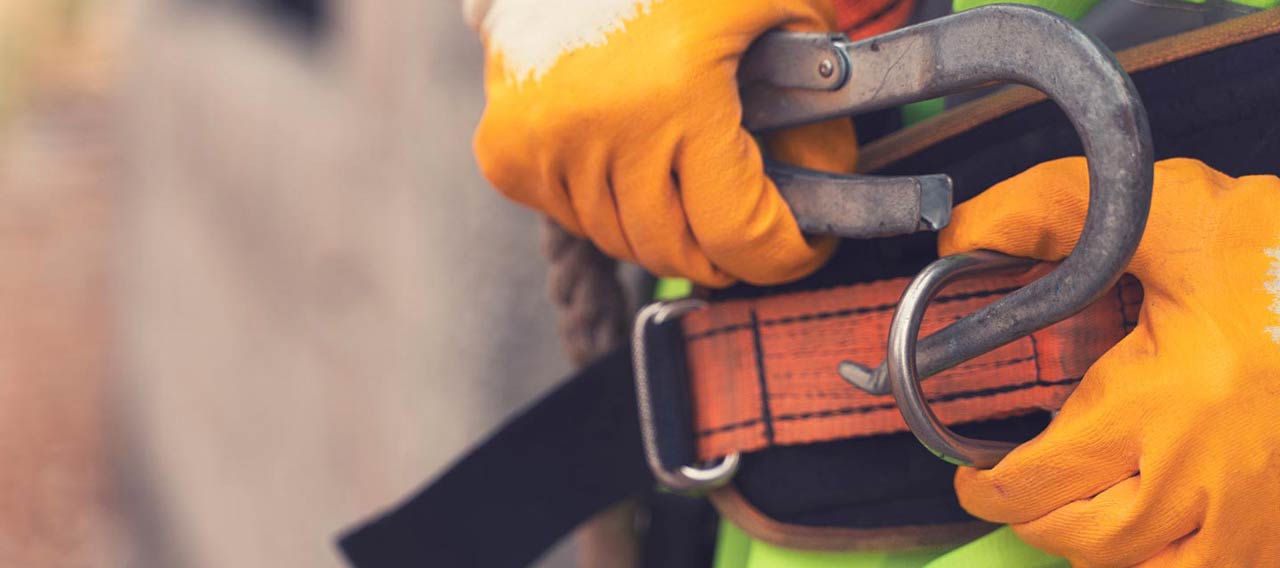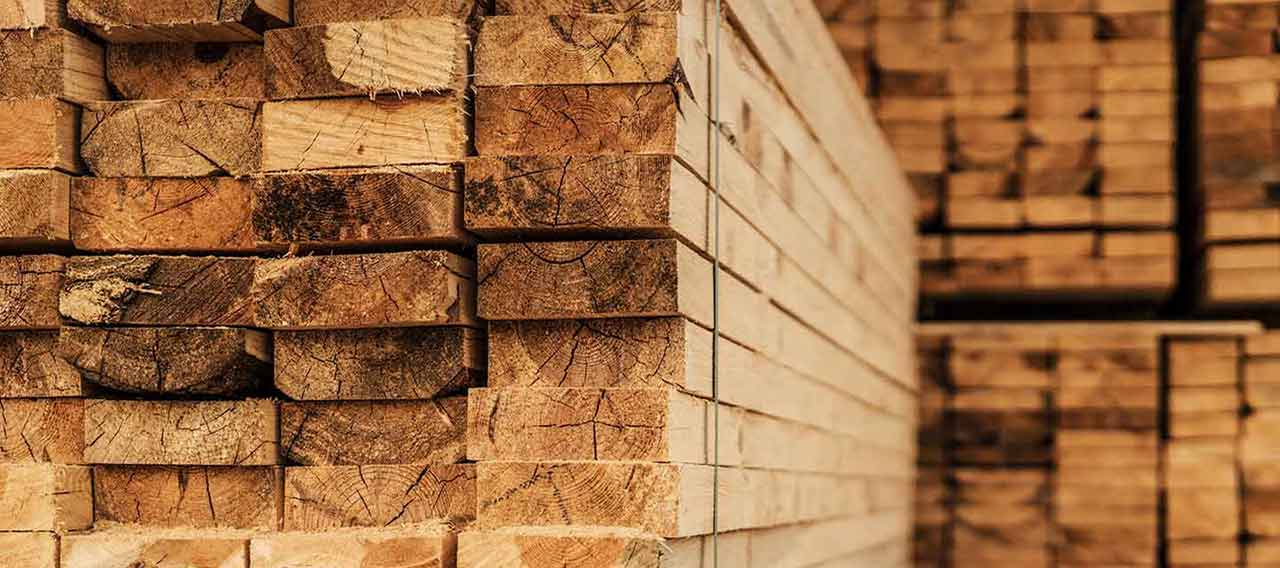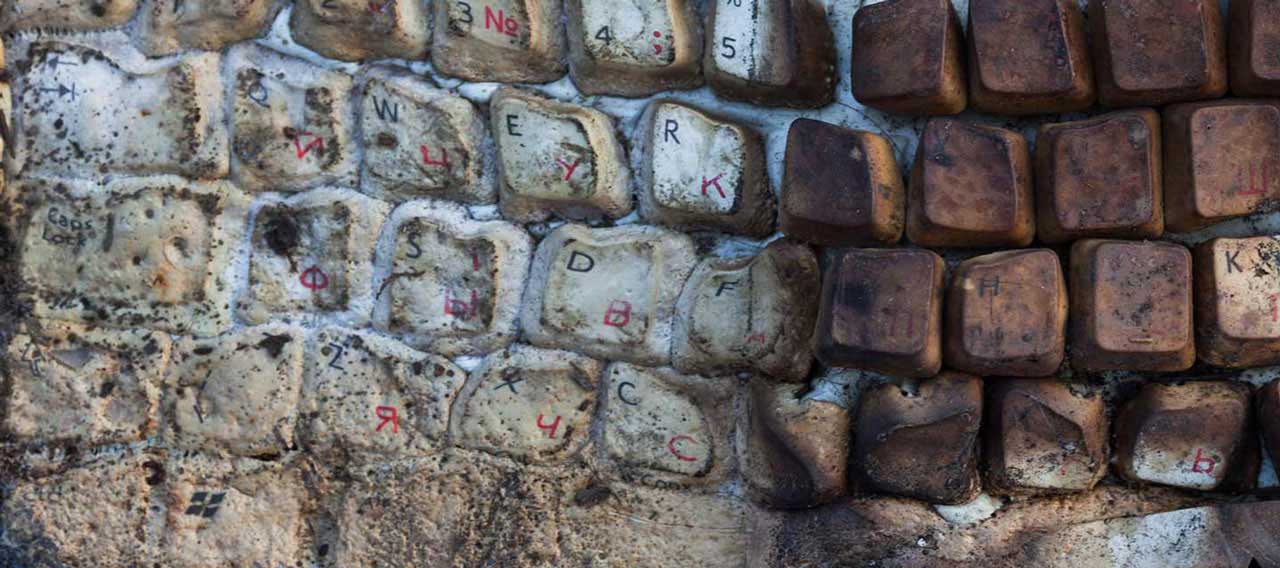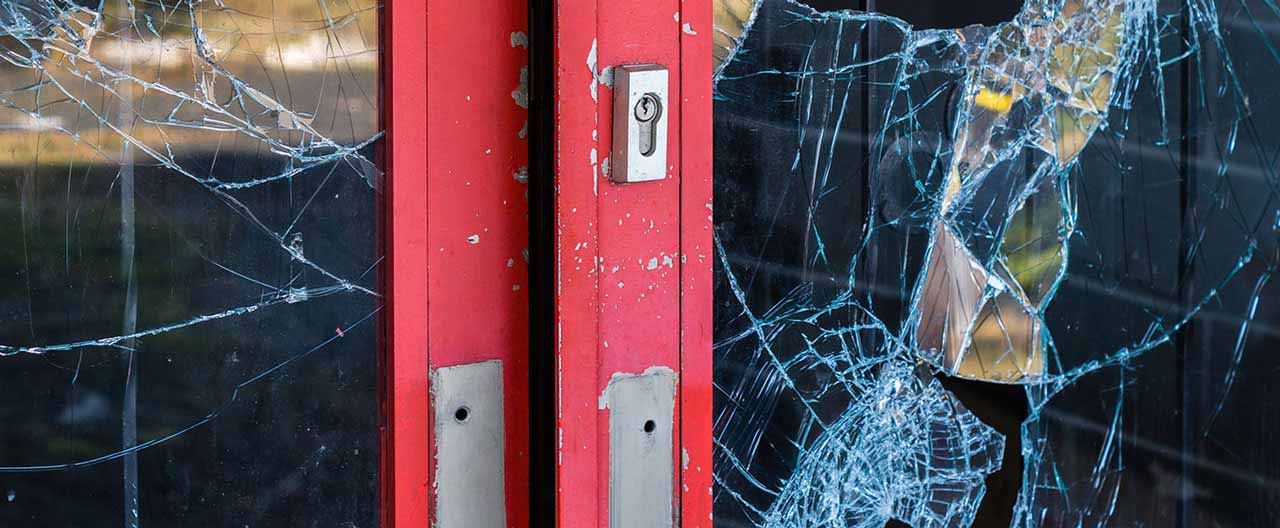Most companies know the importance of insuring their property and assets against damage or liability. But in order to cover operating expenses and income losses in the event certain catastrophes lead to the temporary closure of a business, there’s another critical safeguard to consider: business interruption insurance.
Read these FAQs to learn more about business interruption coverage and how it can help your business recover after a covered loss. Keep in mind that individual policies can vary widely, so it’s always important to review your coverage options with your agent or broker.
What is business interruption insurance?
Business interruption insurance, sometimes called business income insurance, can be part of a standard business policy form or purchased as an endorsement or rider to a property insurance policy or package. It covers operating expenses and lost income for a set period of time incurred by a company that closes or is unable to operate normally as a result of physical damage to the business property by a covered peril.
For example, if a fire renders a retail store unusable and it is not able to sell merchandise and generate revenue during the time it is closed for repairs, business interruption coverage could help offset income losses along with continued necessary day-to-day expenses (such as payroll and taxes).
What is covered by business interruption?
Business insurance policies vary from insurance company to insurance company, but business interruption coverage typically includes compensation for:
- Lost revenue - based on prior financial records
- Mortgage, rent and lease payments
- Employee payroll
- Taxes and loan payments - due during the covered period
- Relocation costs - if the business must move to a new or temporary location due to physical damage to the business premises

Are business income insurance and business interruption insurance the same thing?
“Business income” coverage is typically the same as “business interruption” coverage and the terms are often used interchangeably. Different insurers generally use one or the other depending on their product offerings.
What triggers a business interruption claim?
Generally, a business interruption loss is only covered if it is the result of covered physical loss or damage to property. Your policy will describe the specific events that trigger your business interruption coverage.
How long does business interruption coverage last?
Most business interruption policies have a “period of restoration” (synonyms include “period of liability” and “period of indemnity”). This is the length of time that a policy will help pay for lost income and expenses while the business is being restored. Policies typically limit the period to a specific number of consecutive days, but it is possible to obtain an extended period of time, so make sure to discuss the potential risks and coverage options with your insurance professional.
Sometimes business interruption policies have a “waiting period,” which is a specified number of days after the physical damage occurs, before the policy’s coverage for business interruption loss is triggered.
How much business interruption insurance do I need?
A rule of thumb is to use a business’s gross earnings and projections to estimate future profits and determine the right amount of coverage. Your agent or broker can help you with this.
How much does business interruption insurance cost?
The cost of business interruption coverage depends on several factors, including:
- Industry
- Number of employees
- Amount of coverage
- Prior loss experience
Your location can also impact the price of the policy. For example, if the business is in an area with a higher risk of certain covered perils, the cost of business interruption insurance may increase.
Are there additional business interruption coverages I should consider?
When reviewing your business interruption needs with your agent or broker, you may want to discuss whether any of the following coverages are included or can be added with an endorsement:
- Extra expense insurance - covers necessary expenses during the period of restoration that the business would not have incurred if there had been no physical damage to the property. These expenses typically relate to minimizing the time the business is wholly or partially closed and/or keeping the business running during the restoration period. For example, expenses related to temporarily relocating business operations to another building, or the need to pay overtime to hire more employees.
- Ordinance or law (sometimes called business ordinance) – in policies that provide coverage for the additional cost to repair a building to bring it up to code, ordinance or law can also cover business interruption losses arising from the increased period of time required for the repairs.
- Civil authority - extends business interruption coverage to losses incurred when an order of civil authority (e.g., state, local or federal governmental entity) prohibits access to your business premises resulting from physical damage caused by a covered peril to adjacent or nearby property (if that property is of a type that is covered by the policy)
Insights and expertise








This document is advisory in nature and is offered as a resource to be used together with your professional insurance advisors in maintaining a loss prevention program. It is an overview only, and is not intended as a substitute for consultation with your insurance broker, or for legal, engineering or other professional advice.
Chubb is the marketing name used to refer to subsidiaries of Chubb Limited providing insurance and related services. For a list of these subsidiaries, please visit our website at www.chubb.com. Insurance provided by ACE American Insurance Company and its U.S. based Chubb underwriting company affiliates. All products may not be available in all states. This communication contains product summaries only. Coverage is subject to the language of the policies as actually issued. Surplus lines insurance sold only through licensed surplus lines producers. Chubb, 202 Hall's Mill Road, Whitehouse Station, NJ 08889-1600.










